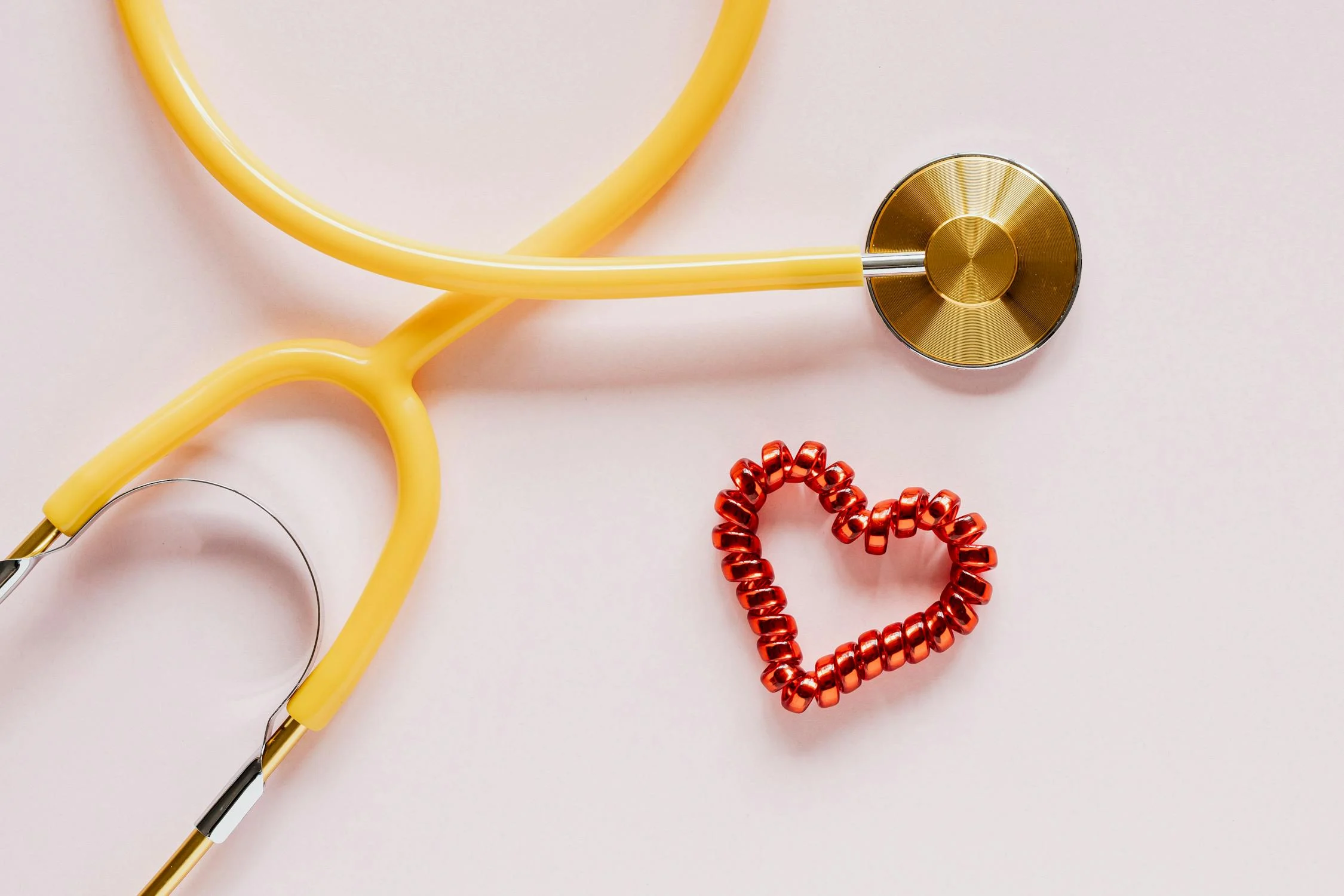Low immunoglobulin (Ig) levels, particularly in the context of primary antibody deficiencies, can increase the risk of bronchiectasis by impairing the body’s ability to fight infections and leading to chronic inflammation and airway damage.
Here’s a more detailed explanation:
- Role of Immunoglobulins:Immunoglobulins (Ig), also known as antibodies, are crucial for the immune system’s defense against infections. They recognize and neutralize pathogens, helping to prevent and clear infections.�
- Primary Antibody Deficiencies:These are genetic conditions where the body doesn’t produce enough or any antibodies. Common examples include X-linked agammaglobulinemia, IgA deficiency, common variable immunodeficiency (CVID), and IgG subclass deficiency.�
- Increased Infection Risk:Individuals with primary antibody deficiencies are highly susceptible to recurrent respiratory infections, including pneumonia and bronchitis, which can damage the airways and lead to bronchiectasis.�
- Chronic Inflammation:In addition to infections, antibody deficiencies can lead to chronic inflammation in the airways, further contributing to the development and progression of bronchiectasis.�
- Specific Ig Subclasses:Certain IgG subclasses, like IgG2, are particularly important for fighting encapsulated bacteria, and deficiencies in these subclasses can increase the risk of bronchiectasis.�
- Examples of Conditions:
- CVID: A common variable immunodeficiency, where the body produces low levels of all immunoglobulins, is associated with a high prevalence of bronchiectasis.�
- IgA Deficiency: A condition where the body doesn’t produce IgA, which is important for mucosal immunity, can also increase the risk of bronchiectasis.�
- IgG Subclass Deficiency: Deficiencies in specific IgG subclasses, particularly IgG2, are linked to impaired antibody responses to certain pathogens and an increased risk of bronchiectasis.�
- Treatment:Immunoglobulin replacement therapy (IGRT) can help to reduce the risk of infections and improve outcomes in patients with primary antibody deficiencies and bronchiectasis.�



Leave a Reply